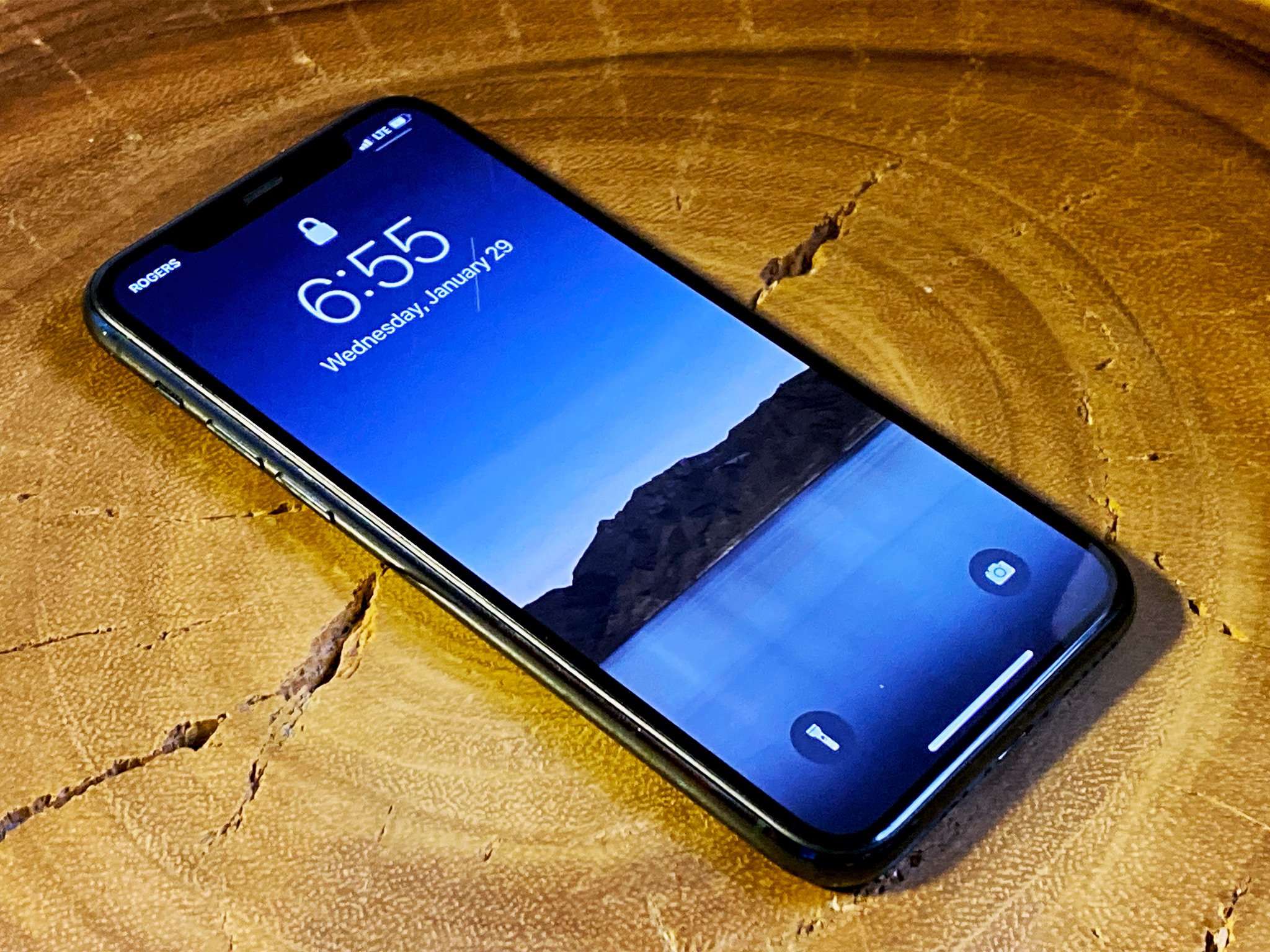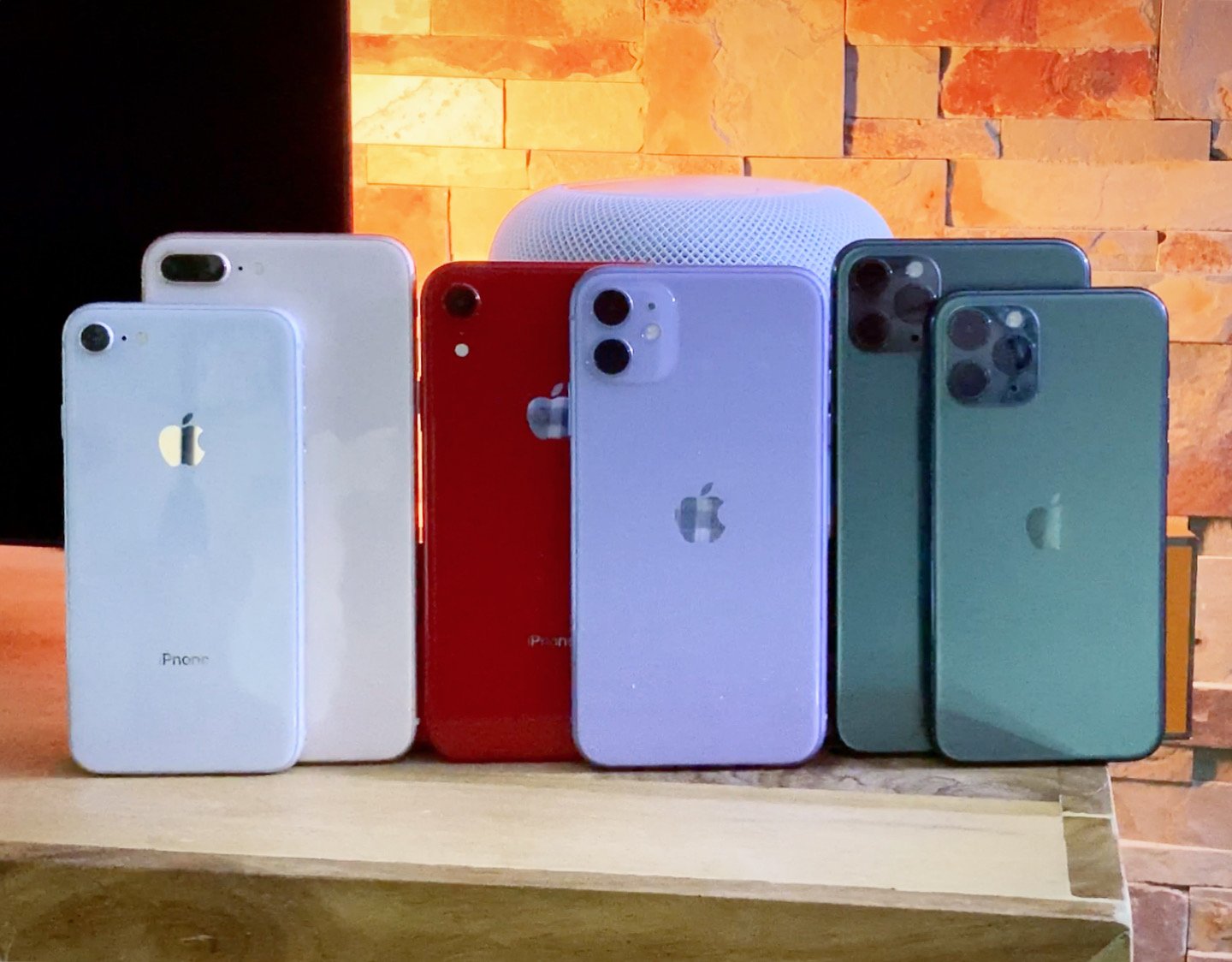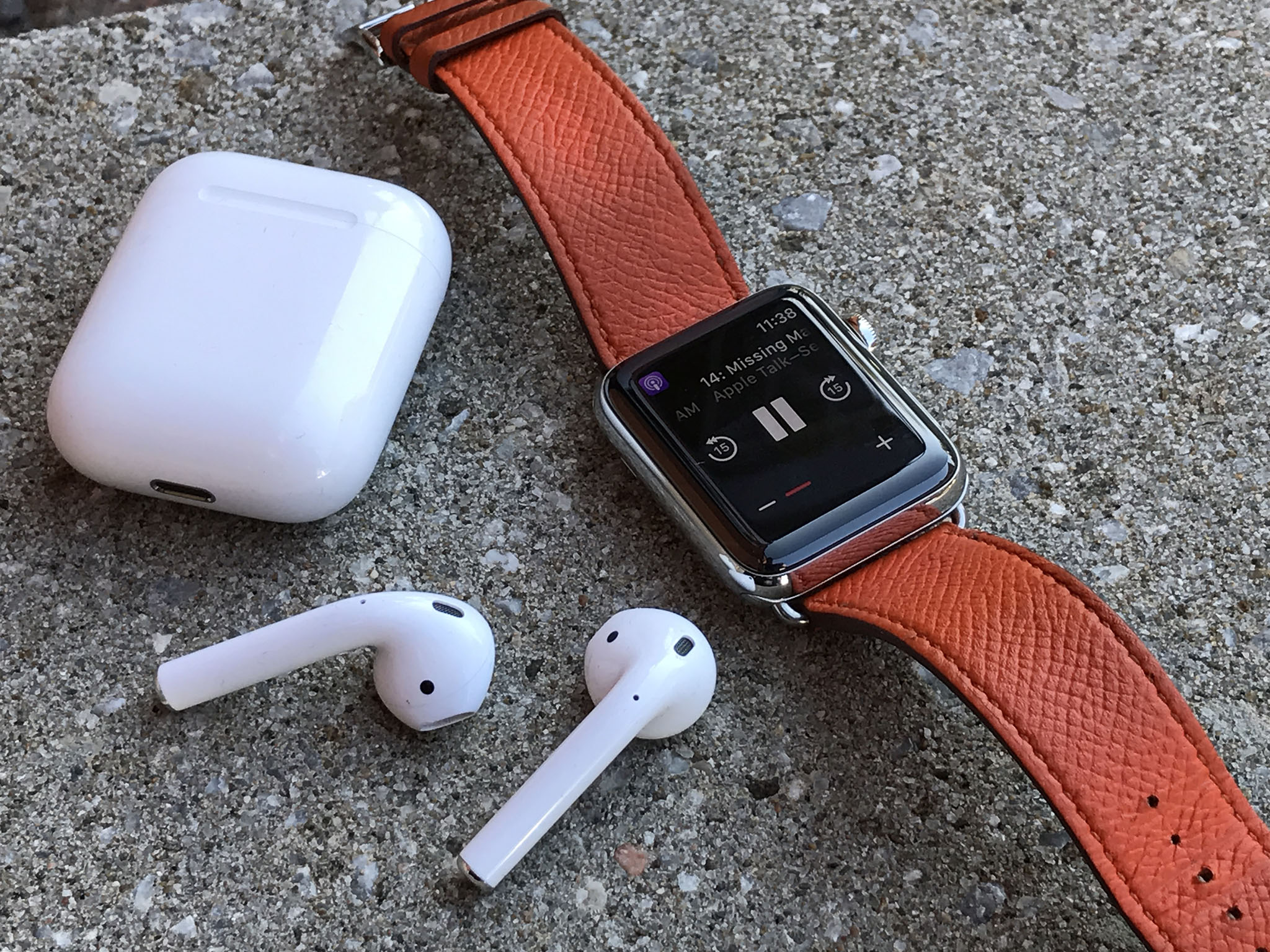Apple Q1 2020: iPhone powers the ecosystem

The iPhone 11 is going to be so boring. So iterative. A real yawner. A letdown. You don't need it. Totally. Completely. Must skip. Facepalm emoji dash thumbnail.
That was not an uncommon narrative last year when iPhone 11 rumors started making the rounds. Hell, even once it was announced.
Now, just four months later, Apple has released its first quarter, 2020 financial results and, well…
OK Doomers.
Apple Q1 2020
Now, you all know how much I don't hate to say I told them so. The misinformers. Not the ones who are just wrong. We're all sometimes wrong. We learn we grow. No. The deliberate ones. The ones who do it on purpose to manipulate markets or just manipulate their audiences.
Because they cause real damage. Not to Apple. Apple is enormous. Apple can ride it. But to the people and audiences who put their trust in them, and then miss out, get screwed over, and lose. Because there's a real-world cost. There's always a real-world cost. Hot takes, they burn.
That's why I've done a bunch of videos about precisely how and why all of that misinformation was so misinformed. And I'm going to keep on doing just that and, when the results come in, I'm going to analyze them as well. To keep everyone honest. Especially me.
Master your iPhone in minutes
iMore offers spot-on advice and guidance from our team of experts, with decades of Apple device experience to lean on. Learn more with iMore!
iPhone

So, Q1 2020, Apple's first big holiday quarter of the new decade, and iPhone revenue in total was up 8% year-over-year, which given how mature and saturated the phone market is, shows that there's still room for some small surges when the product and positioning it right.
Sadly, Apple doesn't report unit sales anymore, because it doesn't help Apple to report them anymore in an industry where few if any other vendors ever have.
And, lest you think it was some common, bargain iPhone that did all that heavy lifting, Tim Cook did say that iPhone 11 was, in fact, the top-selling model every week of the holiday quarter, with the iPhone 11 Pro and iPhone 11 Pro Max coming in right behind.
Overall gross product margins were 34%, down from the 38 or 39% they'd been from the end of the Jobs era until far more recently. Which, yeah, once again shows that while prices might be up under Tim Cook, its because Apple is spending more to make devices, not just charging more for them. In fact, now Apple is charging less, and eating more of the difference.
Apple listened, some will say. The market wanted the iPhone to be affordable again. And they're right. I think the price drop from the $749 iPhone XR to the $699 iPhone 11 was certainly a big part of it, especially psychologically. That would explain the iPhone 11's success. But what explains the iPhone 11 Pros? See, I think what the market actually wanted most was respect.
Apple's mistake wasn't selling a $999 iPhone. It was selling the iPhone for $999 and making the iPhone 8 and then the iPhone X look and feel discounted, less than, worse. And nobody likes to feel that way about something they're buying. It makes them feel that way about themselves.
I made a video on the need for this long before it happened, but that was the real correction Apple made. Putting the iPhone 11 — the iPhone, back in the sweet spot, and positioning the $999 — the pro — as a premium option on top of it, everyone felt great again.
Great enough to push the iPhone 11 to new revenue records in the Americas, Europe, Asia Pacific, and even kickstart solid growth again in China.
Where, despite a trade war, and facing incredibly strong competition from local vendors like Huawei, the iPhone managed to rebound.
Which, when you think that this time last year, Apple and Tim Cook were coming off a letter to investors revising earnings for only the second time in history, primarily due to the iPhone and China, shows a fairly damn remarkable navigation of incredibly complex market conditions by a company and CEO so clearly, so always doomed.
Apple is also reportedly seeing massive growth in India, which is a market it's struggled in for ages. The reason? iPhone 11 and also iPhone XR. Yeah, the disappointing iPhone XR.
Taken together, it's almost impossible to believe the major business publications still haven't bothered to fix that weird glitch in their auto-correct systems that keeps inserting the words declining, lackluster, flagging, stalling, faltering, slumping, slowing, waning, sputtering, down-turning, business damaging before the word iPhone in their coverage, in the months and months of whatever malpractice passes for journalism there these days.
Now, you'd think being so wrong so always would motivate all the pundits to pause, to reassess to grow. But… we're already seeing the same thing with the rumored iPhone 9 this spring and expected iPhone 12 this fall.
Not just that they'll be boring, because, of course, they'll be, but because we're reaching peak phone and simply don't need anything more or better.
But there are a couple of important things to remember there as well.
First of all, unlike most of the tech pundits, real humans simply don't buy new iPhones every year. People getting the iPhone 11 weren't coming from iPhone XR or XS. They were coming from iPhone 6 or iPhone 6s. And, apparently, taking advantage of trade-in programs twice as much as before.
Later this year, people getting the iPhone 12 won't be coming from iPhone 11, but from iPhone 6s and 7.
And, every year, when people upgrade, Apple wants them to get the best possible iPhone they can get. One that's not just great when they get it, but stays great, able to get software updates and run the latest apps, until however long it takes them to want to upgrade again. Even if that's iPhone 15. Which, yes, should also be the best possible iPhone they can get then.
There's a ton of work that needs to be done on software and services and interfaces and voice assistants, and all of that, absolutely.
But that work is going to need, is going to depend on, the same amount of work being put into ever-better hardware. Better chipsets. Better radios. Better battery tech. Better displays. Better devices that are easier to carry and to use.
It all goes hand-in-hand, because the phones we have now, tiny tech miracles that they are, still fail us in so many ways, so many days, that they still need to be pushed forward. Hard.
We may well have reached peak pundit but we by no means have reached peak iPhone.
Which brings us to the equal and opposite concern that's be re-surfacing recently — that for all its doom-ed-ness, Apple is still way too dependent on iPhone revenue.
It's a variation on the same theme. You're not making enough money until you're making all of it, and then you're making way too much.
Ecosystem

Apple reported services revenue of 12.7 billion, another record high, but growth of 17%, down ever so slightly from the 18% last quarter. While the iPad and Mac were down, especially the iPad, which is something I'll get into in the near future, wearables were up. Explosively. 44%. And that's with both the AirPods Pro and the Apple Watch Series 3 being constrained throughout the quarter. In other words, Apple couldn't make enough to meet demand.
Two products that were widely mocked and dismissed when they were announced and for years after by many of the same tech-sperts, by a company that's supposedly done nothing of note in the last ten years, especially in the post-Steve Jobs era.
The uptick in iPhone sales and downtick in iPad and Mac sales means not-iPhone wasn't able to equal iPhone, but taken together, not-iPhone was still a business better than most in this world.
Especially since the iPhone still feeds so many of Apple's other businesses. About half of the iPad and Mac customers were new to those products. More than 75% of Apple Watch customers were new to that product as well.
People with Samsung or other Android phones still switch to iPhone more than the other way around, and once they switch they start buying more products and services from Apple.
This is a huge challenge, since there's a limited number of people on earth, and as the iPhone customer base grows, the number of upgrade sales will increasingly dwarf new-to-any-phone or switcher sales. But Apple seems to be leaning into that by making devices that last longer, that can be re-sold or handed down longer, and on growing that iPhone platform to be as big as it can be.
Given that Apple announced its installed base of devices is now over 1.5 billion, apparently more than Microsoft at this point, with almost a billion iPhones alone, maybe 2 billion devices total in the next 5 years, all those iPhones create room for a ton of ecosystem growth, both for other devices and services on top of them.
Especially as we go from the age of screens to an age that also includes ambient voice and, Tim Cook's favorite topic recently, augmented reality.

Rene Ritchie is one of the most respected Apple analysts in the business, reaching a combined audience of over 40 million readers a month. His YouTube channel, Vector, has over 90 thousand subscribers and 14 million views and his podcasts, including Debug, have been downloaded over 20 million times. He also regularly co-hosts MacBreak Weekly for the TWiT network and co-hosted CES Live! and Talk Mobile. Based in Montreal, Rene is a former director of product marketing, web developer, and graphic designer. He's authored several books and appeared on numerous television and radio segments to discuss Apple and the technology industry. When not working, he likes to cook, grapple, and spend time with his friends and family.
